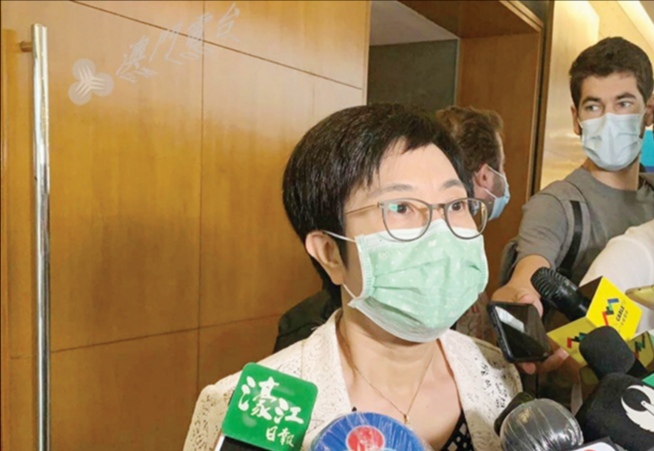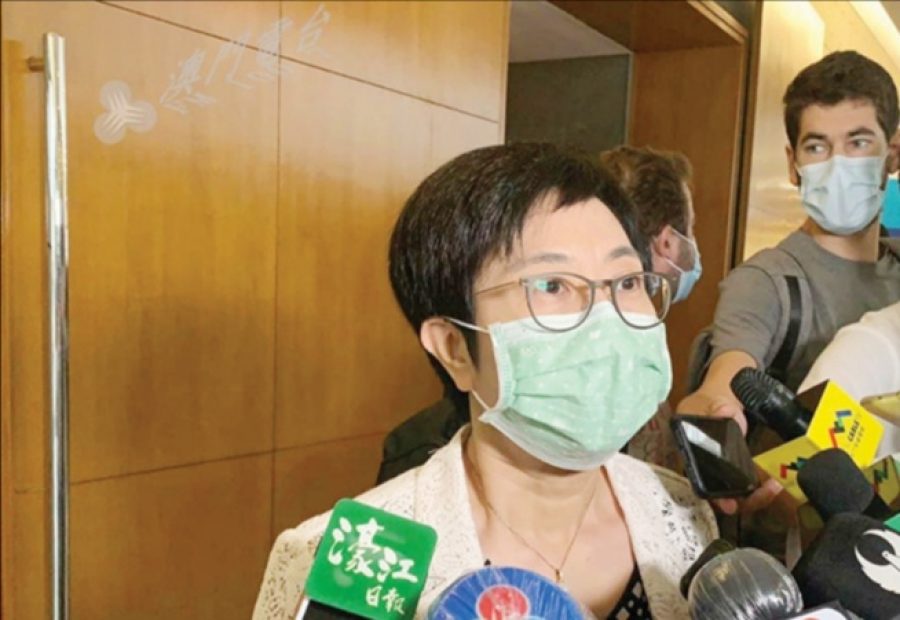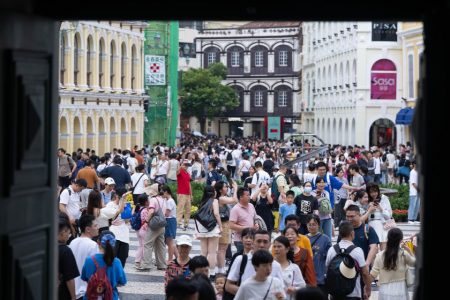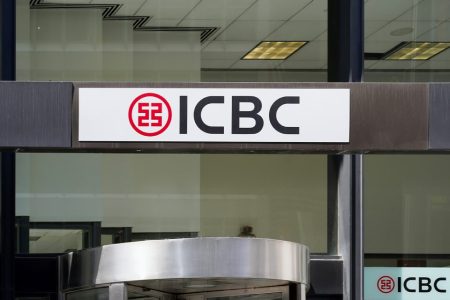Sónia Chan Soi Fan, who heads the Macao Special Administrative Region Public Assets Supervision and Planning Office, revealed on Wednesday that the government has relinquished all its shares in the Macau New Technologies Incubator Centre (Manetic) which, notwithstanding the government’s retreat, will continue to operate.
Chan said that the government had decided to leave Manetic after determining that it no longer needed to continue investing in the company.
Chan, the policy secretary for Administration and Justice in the previous government, made the remarks while speaking to reporters at the Macao Cultural Centre (CCM) in Nape on the sidelines of a ceremony hosted by the local government to present awards to individuals and institutions for their scientific and technological projects.
The office was established as a government project team on 20 December last year when Chan was appointed as its director.
The office is tasked with studying the current modus operandi of the city’s public enterprises and public funds and submitting suggestions to the chief executive on possible improvements to their operations.
Chan said that the office was studying the possible establishment of a legal system regulating the supervision of the city’s public enterprises, adding that the government expected to launch a public consultation next year on the drafting of the relevant bill, which would have to be passed by the legislature to take effect. The bill would propose that the government would supervise the operations of public enterprises in accordance with the percentage of shares it is holding in them, Chan said.
Public enterprises, also known as publicly-funded companies, refer to firms in which the Macao Special Administrative Region (MSAR) government or its entities are holding shares. According to the office’s website, local companies where the government is holding over 50 per cent of the shares include the Macau International Airport Company (CAM), Macau Science Centre Limited, Macau World Trade Centre Limited, and Macau Slaughterhouse Limited.
According to the website, some public enterprises are wholly owned by the government – i.e. it is holding 100 per cent of the shares, such as public broadcaster TDM, as well as the company tasked with the planning and operation of Macao’s Light Rail Transit (LRT), and the company tasked with the city’s urban renewal process.
According to the website, local companies where the government is holding less than 50 per cent of the shares include power utility CEM (8.16 per cent), telecom operator CTM (one per cent), and Air Macau (21.5 per cent).
According to the website, there are currently 22 publicly-funded companies in Macao. In 14 of the companies the government holds over 50 per cent of the shares.
Chan said that in addition to improving the government’s system supervising the city’s public enterprises, the office also regularly reviews the necessity of the continuation of certain public enterprises. Chan said that if the office has concluded that the existence of a particular wholly government-owned company is no longer meaningful, the government would consider closing it and transferring the respective duties and functions to the relevant government entities so as to save administrative resources.
Concerning public enterprises not fully owned by the government, Chan said that the government would disinvest from them if it has concluded that it was no longer necessary to continue investing in them.
However, Chan said that it is always necessary to keep the public enterprises whose objective involves social or charitable causes.
Preparing one more disinvestment
Chan said that in addition to Manetic, the government is also preparing to disinvest from another public enterprise, adding that for the time being she could not reveal further details.
Before its disinvestment, the government was holding 15 per cent of the shares of Manetic, which was established in 2001, according to the company’s website.
The government has formulated its guidelines on the way the city’s publicly-funded enterprises should announce their basic operations information, including the list of shareholders and their organisation structure, and financial information. The guidelines took effect in late June following its promulgation in the Official Gazette (BO).
According to the guidelines, public enterprises where the government is holding over 50 per cent of the shares are required to announce the information on the office’s website, while those where the government is holding 50 per cent or less of the shares can choose to announce the information in line with the guidelines.
Chan underlined that the information of the public enterprises on the office’s website will be updated in a timely manner.
According to the office’s website, CEM and CTM, which are among the eight public enterprises where the government is holding less than 50 per cent of the shares, have decided not to announce their operations and financial information in line with the guidelines on the office’s website.
The office has an initial duration of three years which can be extended, and is directly overseen by the chief executive and is headed by a director with the assistance of two deputy directors.
(The Macau Post Daily/Macau News)
PHOTO © TDM






